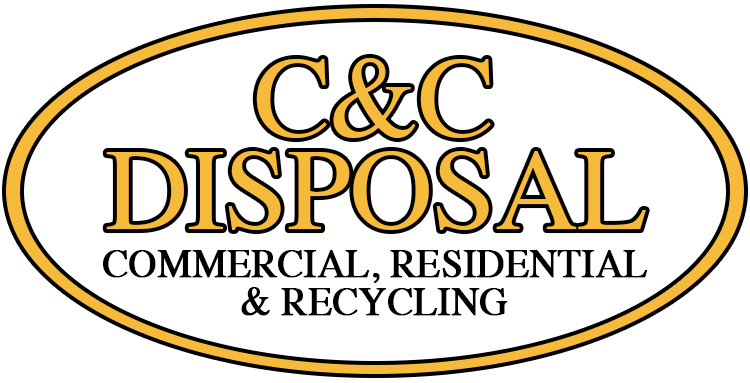
For many zero-waste followers, cutting out or properly recycling plastics in is among the main goals in creating a more sustainable lifestyle. However, this is no easy task, with everything from the food we eat to the products we buy wrapped in plastic, and then wrapped in plastic again.
Toothpaste
Unless you’ve already switched to chewing sticks, you’ll already be aware of the problematic nature of toothpaste packaging, containing multiple plastics and sometimes even metal. However, toothpaste itself also often contains plastics. Some countries have banned the use of microbeads in all cosmetics, including the US with the Microbead-Free Waters Act of 2015, however, other types of microplastic can still be found in both toothpastes and mouthwashes.
Zero-Waste Alternatives to Toothpaste
If you want to avoid plastics entirely, both with packaging and what’s in your toothpaste, then toothpaste tablets are a good option. Usually featuring sustainable and reusable packaging in card, glass, or metal, the aim is to refill your container using refill packs that also offer less waste.
Sunscreen
Again, exempting the plastic packaging for now, you might be surprised to hear that, despite the microplastics ban in the US, sunscreens can still contain between 10,000,000,000,000 and 100,000,000,000,000 plastic particles in one bottle. This is because the Microbead-Free Waters Act only accounted for microbeads in “rinse-off” products, and since sunscreen is a “leave-on” product, the manufacturers have managed to sidestep the law.
Zero-Waste Alternatives to Sunscreen
Natural sunscreens often made using beeswax, shea butter, carnauba wax, or coconut oil among other ingredients are available in both vegan and non-vegan varieties and do not contain any types of plastic.
Wet Wipes
Any zero-waster worth their salt will already have switched to reusable alternatives when it comes to wet wipes, however, if you haven’t then there’s not only the single-use factor and plastic packaging to consider. Wet wipes themselves generally contain PET, polypropylene, and cotton woven with plastic resins. Today, many manufacturers and retailers are working towards phasing these types of wipes out, but in the end, switching to a reusable version is better.
Zero-Waste Alternatives to Wet Wipes
Reusable paper towels, reusable make up wipes, and reusable baby wipes can all fill in for the plastic infused wet wipe. Plus, you’ll be able to ditch all that plastic packaging that comes along with standard wet wipes.

Recent Comments